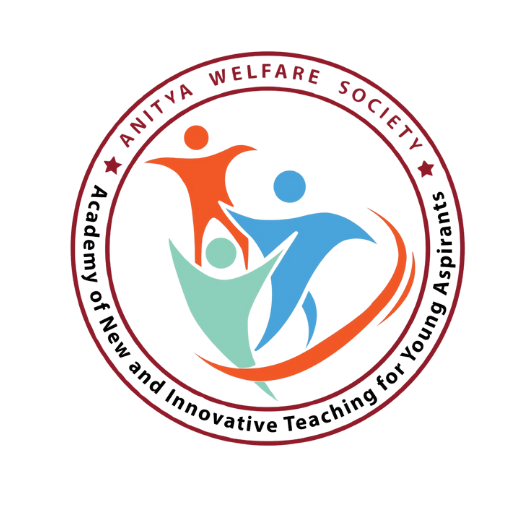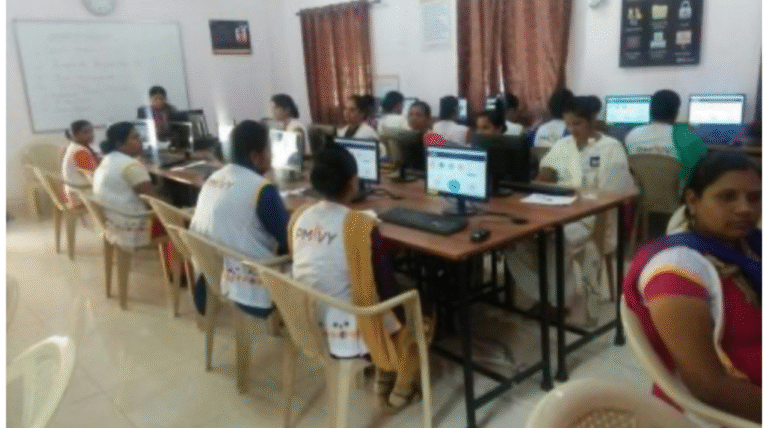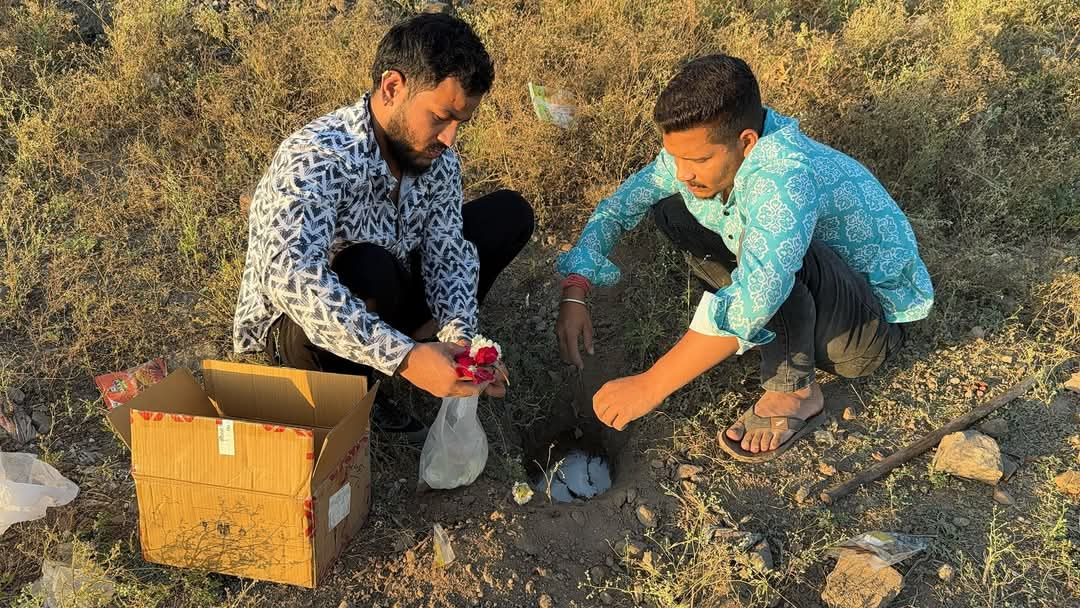In many rural towns and low-income settlements, the term “skill development” is often misunderstood. It is reduced to a checklist — a short course, a certificate, and maybe a job. But at Anitya Welfare Society, we’ve seen that real skill training is not just about filling a vacancy. It’s about equipping someone with the ability to make decisions, to stand with confidence, and to support a family without waiting for help. The moment a youth learns how to manage a billing counter, wire a home safely, or run a beauty service from her room, the impact stretches far beyond one paycheck.
Most of the youth we train have been left out of formal education or lack access to government schemes. They’re not unmotivated — they’re uninformed. They haven’t failed; they’ve simply been uninvited. Our centers fill this gap by making learning accessible, inclusive, and genuinely outcome-focused. Courses are taught in local languages by instructors who understand hesitation. For many participants, it’s not just their first time in training — it’s their first time being taken seriously.

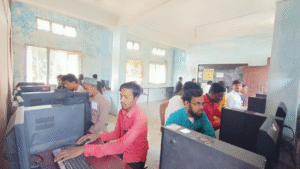
When training is done right, it doesn’t end with a certificate. It grows. Students begin supporting siblings, contributing to household expenses, and mentoring others. Several of our graduates have returned as trainers. Some have launched home-based ventures. Others have moved to jobs in nearby cities and send money back each month — not as a handout, but as earned respect.
Takeaways
- Skill training should build self-worth, not just qualifications.
- Language, flexibility, and placement support are just as vital as the curriculum.
- Every skilled youth becomes a ripple in their local economy.
Skill development, at its core, is about restoring the ability to choose. It allows someone to decide where to go, what to earn, and how to live with dignity. For us, every trained youth is not a success story — they’re a starting point for something bigger, quieter, and more lasting than a line on a resume.
